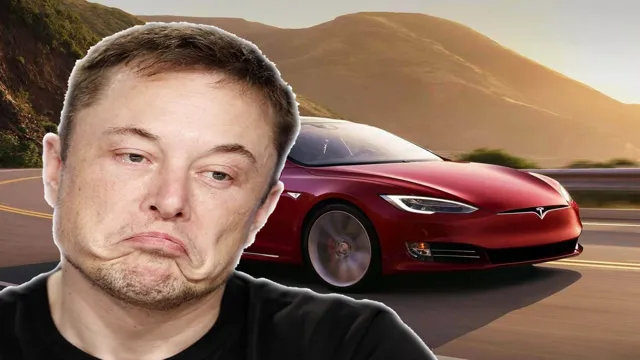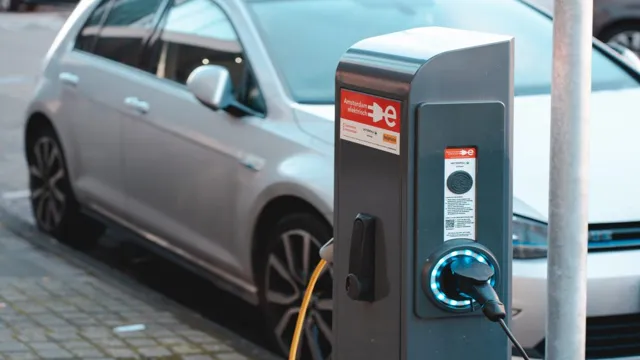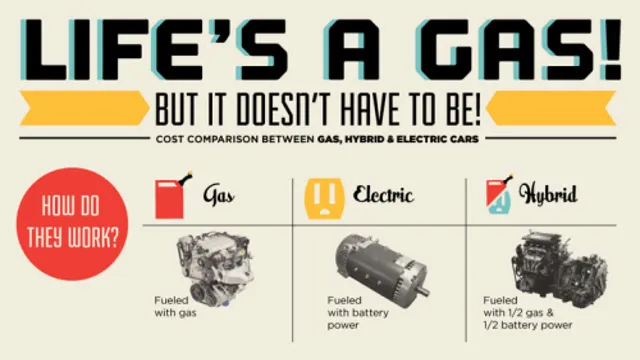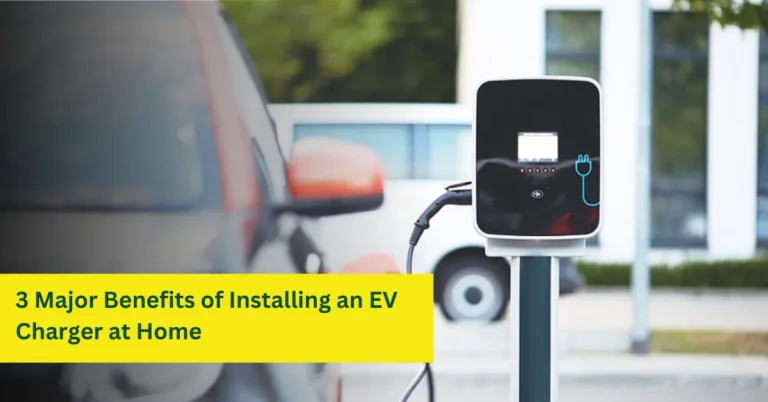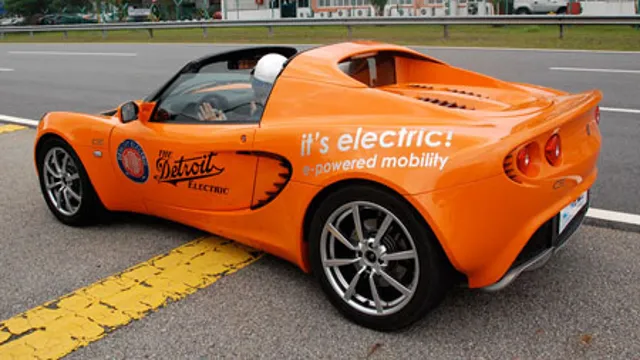Electric Cars: A Boon or Bane for the Economy?
Electric cars have been a hot topic of discussion among economists and environmentalists alike. While they offer a promising solution to reduce the carbon footprint, some argue that they may be a burden on the economy. Others argue that electric cars can boost the economy in many ways, including job creation and reduced dependence on foreign oil.
In this blog, we will explore the various perspectives on electric cars and their impact on the economy. So fasten your seat belts, and let’s hit the road!
Environmental and Health Advantages of Electric Cars
When it comes to electric cars, there are many benefits to both the environment and people’s health. Not only do they significantly reduce the amount of harmful emissions released into the air compared to traditional gasoline-powered cars, but they also produce less noise pollution. Plus, electric cars often have lower operating costs due to reduced maintenance needs and not requiring gasoline.
All of these factors combine to potentially have a positive impact on the economy. Additionally, as more electric cars are manufactured and purchased, it will create new job opportunities in related industries such as battery production. While the upfront cost to purchase an electric car may be higher than a traditional car, over time the savings on operating costs can make up for that initial expense.
So, do electric cars benefit or hurt the economy? The evidence suggests that the environmental and health advantages of electric cars outweigh any potential negative impact on the economy.
Reduction of Air Pollution
One of the biggest advantages of electric cars is their capability to reduce air pollution significantly. This is because electric cars don’t emit any harmful pollutants and toxic gases that traditional gasoline-powered cars emit. Consequently, these cars improve the overall air quality and help reduce the risk of respiratory diseases and other health conditions.
Environmental benefits are also evident when driving an electric car, as they contribute to the reduction of greenhouse gas emissions, leading to less pollution in the atmosphere. In comparison to traditional cars, electric cars are more energy-efficient, which means that they require less energy to operate, and the energy that they do require can be generated from renewable sources such as solar or wind, further reducing the carbon footprint. By switching to an electric car, you can reduce your impact on the planet significantly, save on fuel costs, and support the ongoing transition to a cleaner, healthier, and more sustainable world.
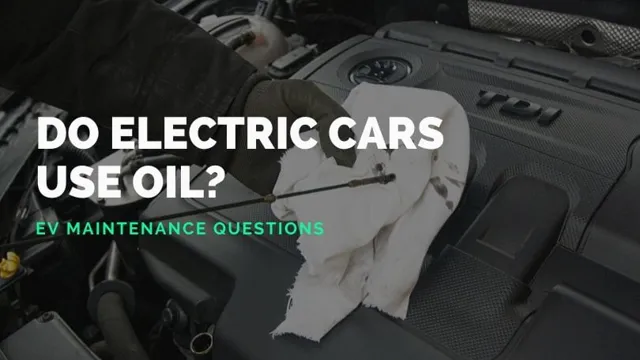
Lesser Healthcare Costs
One of the environmental and health advantages of electric cars is the potential for lesser healthcare costs. By reducing the amount of harmful emissions produced by traditional gasoline-powered cars, we can improve air quality and reduce the number of respiratory issues and pulmonary diseases that result in costly healthcare expenses. Additionally, by using renewable energy sources to fuel electric cars, we can decrease our reliance on foreign oil and decrease our risk of oil spills.
By investing in electric cars and supporting sustainable energy options, we can protect both our planet and our health while also potentially reducing healthcare costs in the long run. It’s a win-win for both our wallets and our well-being.
Economic Benefits of Electric Cars
When it comes to the economic impact of electric cars, the answer is not so cut and dry. Some argue that electric cars benefit the economy by reducing the use of fossil fuels, which in turn lowers greenhouse gas emissions and improves the environment. In addition, electric cars have lower operating costs, which can translate to savings for consumers and businesses.
However, others argue that the shift away from oil and gas could negatively impact those industries, leading to rising unemployment and a higher reliance on foreign energy sources. It’s important to note that any significant shift in the economy will have winners and losers, and the transition to electric cars is no different. Overall, it’s likely that the long-term benefits of electric cars will outweigh any short-term costs, and the economy will adapt and thrive in the new energy landscape.
Creation of Jobs in the Manufacturing and Maintenance Sectors
One of the key economic benefits of electric cars is the creation of jobs in the manufacturing and maintenance sectors. With the rise of electric car usage, there has been an increasing demand for skilled tradespeople to design, assemble, and maintain these vehicles. This has led to the growth of numerous industries that support the electric car sector, such as battery manufacturing, charging infrastructure installation, and electric motor assembly.
Additionally, the adoption of electric cars has created new opportunities for businesses that specialize in car maintenance. Since electric cars have a different set of mechanics than traditional gasoline-powered vehicles, they require specialized maintenance from trained professionals. This has led to job growth within the automotive maintenance industry, as more and more consumers make the transition to electric cars.
Overall, the economic benefits of electric cars extend beyond environmental sustainability, creating new opportunities and job markets within the manufacturing and maintenance sectors.
Reduction of Dependence on Oil Imports
Electric cars have the potential to reduce our dependence on oil imports and provide significant economic benefits. With the transition to electric vehicles, we can decrease our reliance on foreign oil and promote domestic energy sources, leading to greater stability in energy prices and increased energy security. This shift can also create new job opportunities in the electric car industry, from manufacturing to installation of charging infrastructure.
Additionally, electric car owners can save money on fuel costs, as electricity is often cheaper than gasoline. On top of that, maintenance costs for electric cars are generally lower than those for traditional gasoline-powered vehicles due to fewer moving parts and less wear and tear. All of these factors combined make it clear that transitioning to electric cars can deliver economic benefits that extend far beyond just reducing our dependence on oil imports.
Disadvantages of Electric Cars
When it comes to the economy, there are both benefits and disadvantages to electric cars. On the one hand, the production of electric cars can stimulate economic growth by creating jobs in the manufacturing and technology sectors. Additionally, the use of electric cars can reduce our dependence on foreign oil and potentially lower gas prices.
However, the initial cost of electric cars is often higher than traditional gas-powered cars, which can be a disadvantage for consumers who are looking to save money. Additionally, the infrastructure for electric cars, such as charging stations, is not yet as widespread as gas stations, which can be inconvenient for drivers. Overall, while electric cars can offer long-term benefits for the economy, there are still some challenges to overcome in the short term.
Battery Production and Disposal Consequences
The disadvantages of electric cars are becoming increasingly evident as more people make the switch to this eco-friendly mode of transportation. One major issue is the environmental impact of battery production and disposal. The production of batteries for electric cars requires mining of raw materials like lithium, cobalt, and nickel, which can have harmful effects on the environment and human health.
Furthermore, the disposal of these batteries at the end of their lifespan can also have negative consequences. Improper disposal can lead to the release of toxic chemicals that can contaminate soil and water sources. While electric cars may seem like a perfect solution to reducing emissions and combating climate change, it’s important to consider the full lifecycle of the technology and its potential drawbacks.
High Initial Cost
One of the major drawbacks of electric cars is their high initial cost. Compared to traditional gas-powered cars, electric cars come with a higher price tag due to the expensive technology that powers them. The cost of the battery alone can be a significant amount, not to mention the added expenses of the motor and other components.
However, it’s essential to consider the long-term financial benefits of owning an electric car. These cars are much cheaper to maintain, and the cost of charging is significantly lower than traditional refueling with gasoline. Plus, there are various incentives and tax credits available that can help offset the purchasing costs.
Overall, while the high initial cost of electric cars can be intimidating, it’s essential to consider the long-term financial benefits and environmental impact.
Conclusion: Positive Impacts Outweigh Negative Ones
In conclusion, the debate on whether electric cars benefit or hurt the economy remains open for interpretation. On one hand, the shift towards electric cars may reduce the dependence on fossil fuels and lower the cost of energy, positively impacting the economy. On the other hand, the initial cost of electric vehicles may be a financial burden for some consumers and may also have potential negative effects on the automotive industry and the job market.
Ultimately, the decision to use electric vehicles should be a strategic one, taking into account the long-term benefits and consequences for the economy and the environment. As they say, sometimes you have to spend money to make money, and the electric vehicle movement may just be the investment we need to steer ourselves towards a brighter and more sustainable future.
FAQs
What are the economic benefits of electric cars?
Electric cars have lower fuel costs and require less maintenance, which can save consumers money and boost economic growth. In addition, the production and use of electric cars can create new jobs in industries such as battery manufacturing and renewable energy.
Do electric cars harm the oil industry?
The growth of electric cars may have a negative impact on the traditional oil industry, as demand for gasoline and oil may decrease. However, this shift could also create new opportunities for the development of alternative energy sources and technologies.
Are electric cars more expensive than traditional gasoline cars?
Electric cars can initially be more expensive than traditional gasoline cars, as they require expensive batteries and other specialized components. However, over time, the lower fuel and maintenance costs of electric cars can make them more cost-effective for consumers.
Can electric cars help reduce air pollution and improve public health?
Yes, electric cars produce no emissions during operation, which can help to reduce air pollution and improve public health. This can lead to cost savings in healthcare and other related sectors.

